In the wake of the historic felony convictions of a former US president, legal experts are weighing in on what this means for the future of political court cases and democracy in America.
Last week, the House Judiciary Committee held a hearing where legal experts and witnesses testified on the recent Trump case as well as the potential consequences of such prosecutions in the future.
Judiciary Hearing

The House Judiciary Committee held its first hearing since the verdict in the Donald Trump case was handed down which resulted in him being found guilty by a jury and receiving 34 felony convictions.
Predictably, Republicans during the hearing felt outraged about the Trump verdict while Democrats called out Republicans for trying to interfere with prosecutions.
Examining the Prosecution
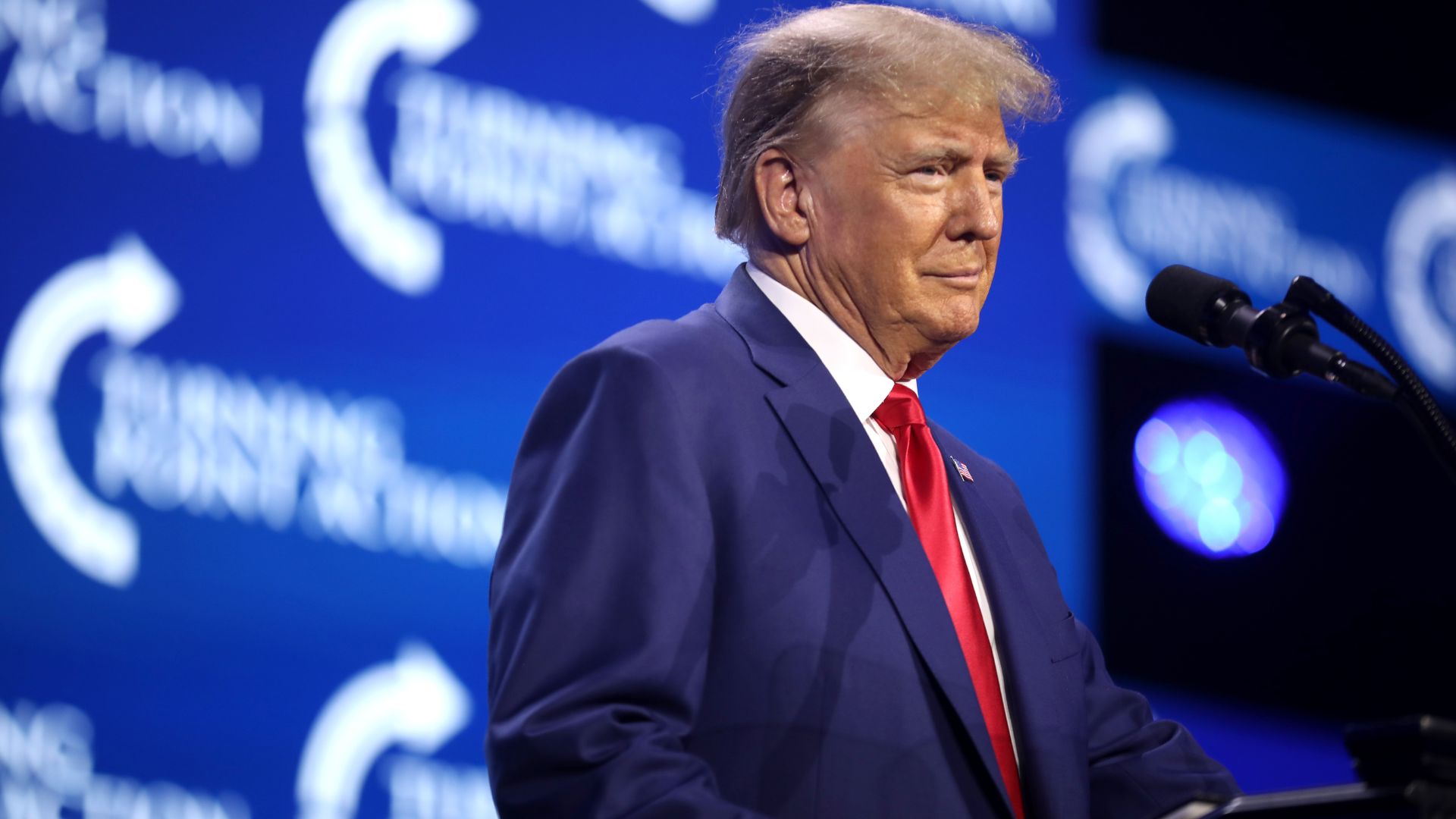
The focus of the hearing centered around Alvin’s Braggs prosecution of Donald Trump, which critics argue became political and Trump himself declared a “witch hunt.”
Those critical of the trial accused it of violating Trump’s due process and using untested legal theory “previously declined by federal prosecutors.”
Unprecedented Indictment
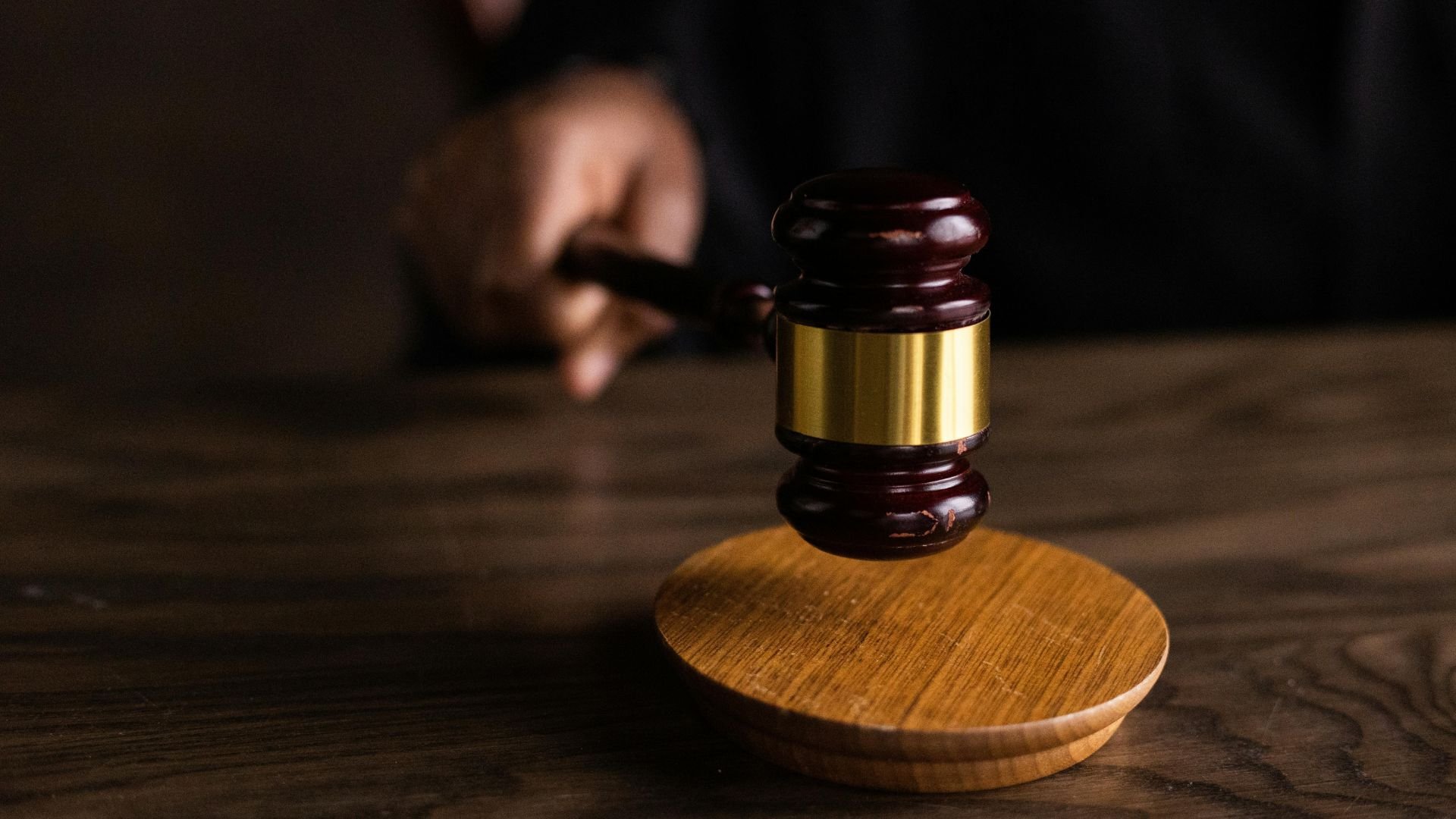
The Judiciary Committee, chaired by Republican Representative Jim Jordan, announced the hearing by describing Trump’s prosecution as “unprecedented.”
“With his unprecedented politicized indictment of President Trump, Manhattan District Attorney Bragg has opened the door for politically motivated prosecutions of federal officials by state and local prosecutors. Other ambitious state prosecutors have already followed Bragg’s lead and pursued politically motivated indictments of President Trump,” said committee Republicans in the hearing announcement.
Legal Experts

At the hearing, four witnesses, including some giving expert legal opinions, testified to their views on how the trial was carried out and what the potential consequences were for its conduct.
The witnesses included Missouri Attorney General Andrew Bailey, Commissioner of the Federal Election Commission Trey Trainor, Former US Ambassador to the Czech Republic Norman Eisen, and Of Counsel and professor of Law Elizabeth Price Foley.
Morally Abhorrent
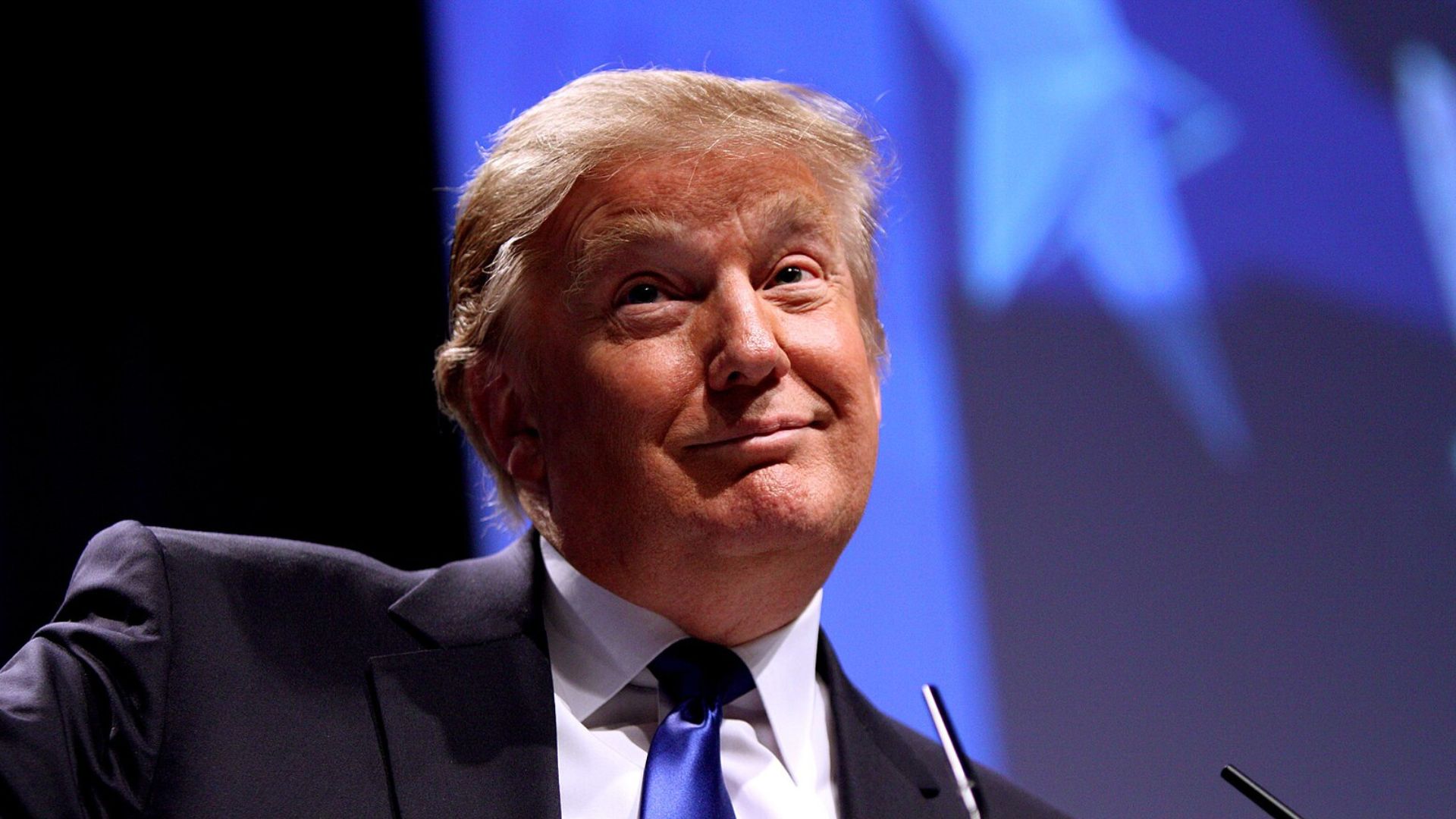
In his testimony before the committee, Bailey called the recent prosecution of Trump “morally abhorrent.”
“The Manhattan District Attorney’s Office’s recent prosecution of President Trump represents one of the most morally abhorrent volleys in the left’s ongoing barrage of lawfare. This prosecution was politically motivated and replete with legal error,” said Bailey.
Profound Consequences
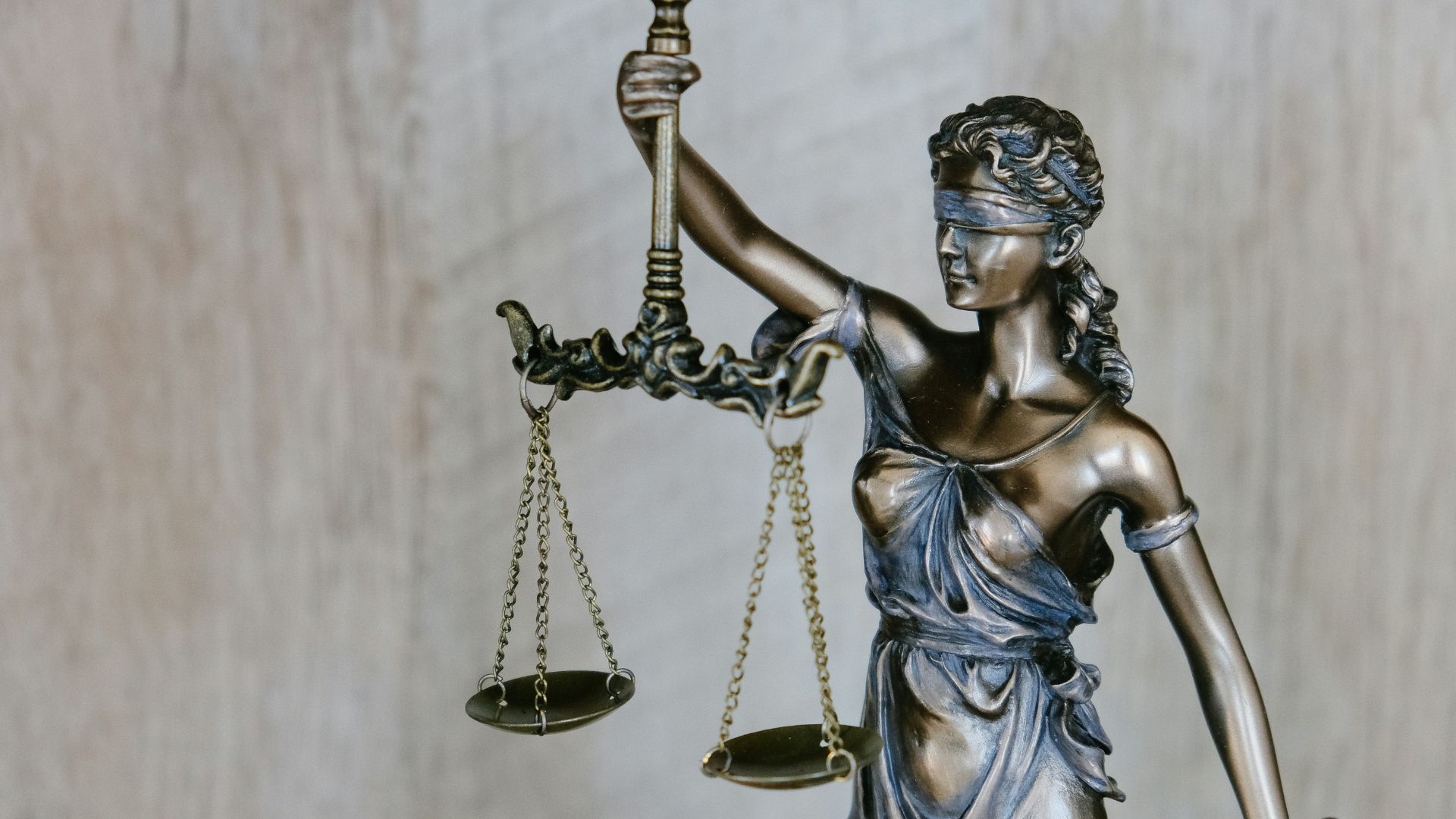
Trainor in his testimony decried what the future may hold now that the floodgates have been opened through what he views as “jurisdictional overreach.”
“The implications of such jurisdictional overreach and disregard for the principles of federalism at issue are profound. If local district attorneys are permitted to initiate prosecutions based on their interpretations of federal campaign finance laws, we risk eroding the uniformity and predictability that FECA aims to provide,” Trainor said.
Dangerous Precedent
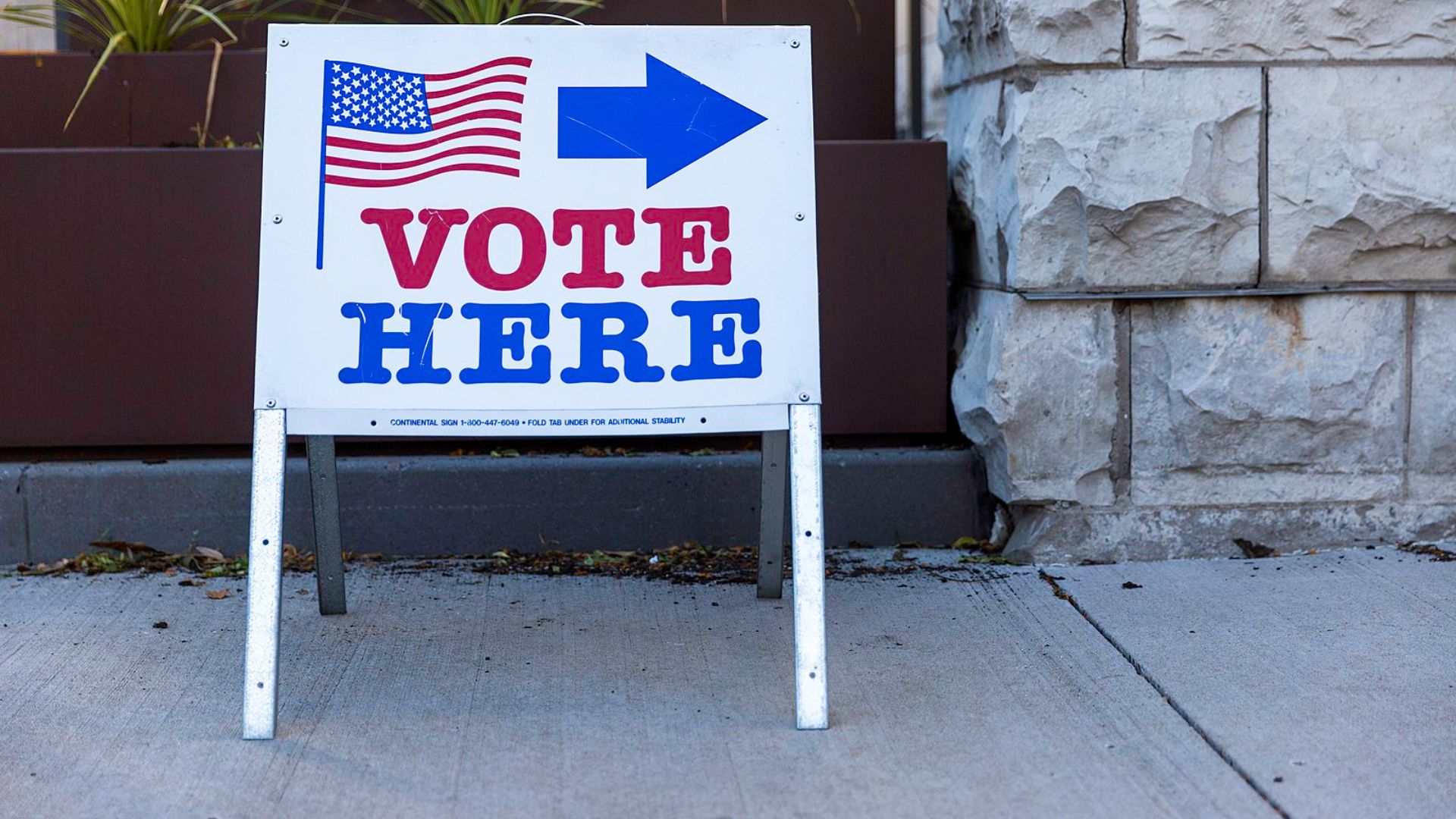
Of Counsel Foley also warned of the consequences of this political trial, which could start a game of “lawfare” and election interference in the future.
“New York’s prosecution of former President Trump had many potentially reversible errors that, if allowed to stand, set a dangerous precedent encouraging “lawfare” as a means of election interference,” said Foley.
No Rule of Law
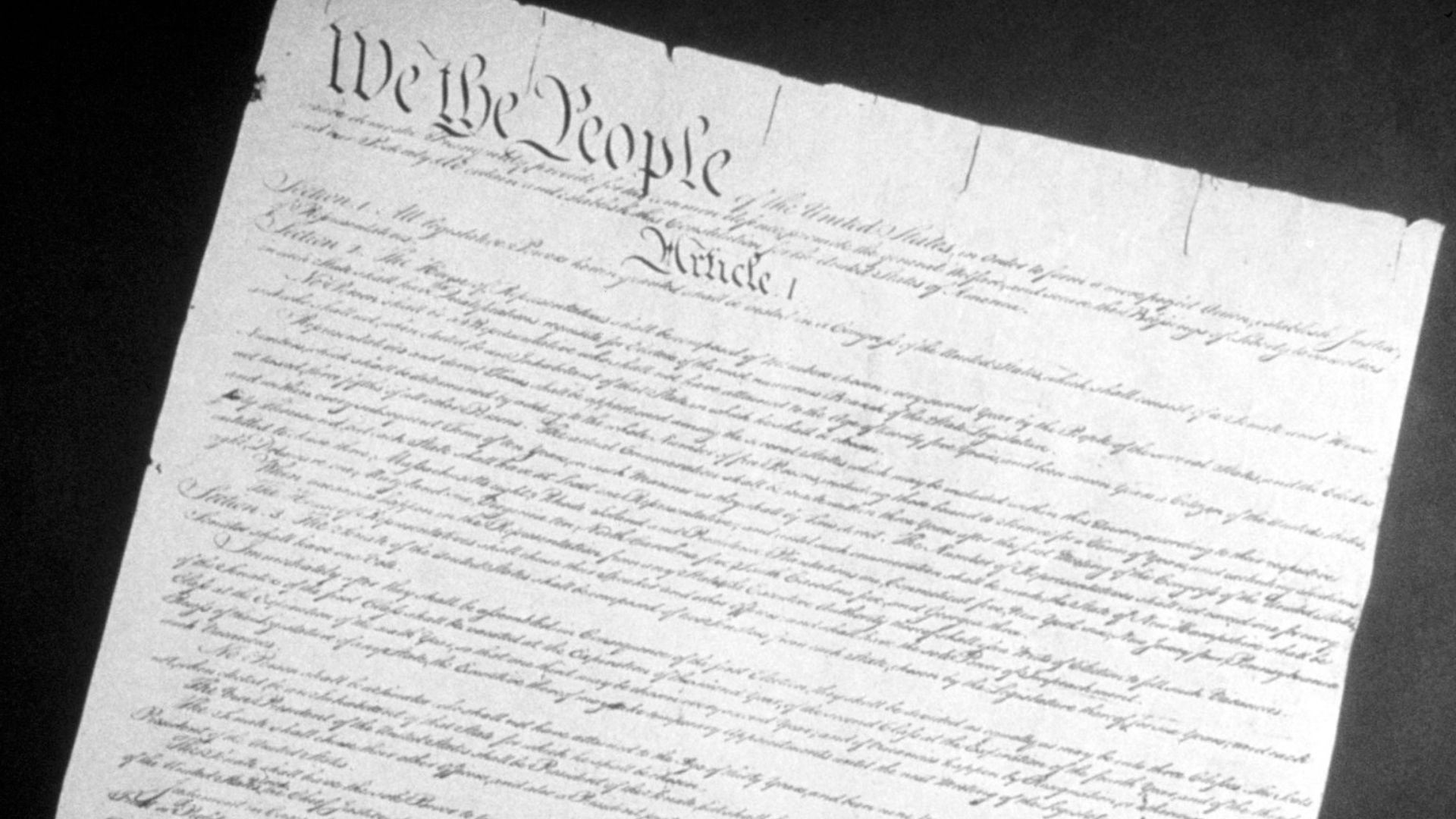
Foley argues that the New York Trial of Donald Trump violated his 14th Amendment rights for due process and his Fifth Amendment guarantee to not be deprived of liberty without due process.
“The Fourteenth Amendment’s Due Process Clause, like the same clause applicable to the federal government in the Fifth Amendment, prohibits the deprivation of any individual’s life, liberty, or property without due process of law. This phrase has made the American legal system the envy of the world. Without it, there is no rule of law, and trials are merely a facade that generate desired outcomes,” Foley said.
Subverting Democracy
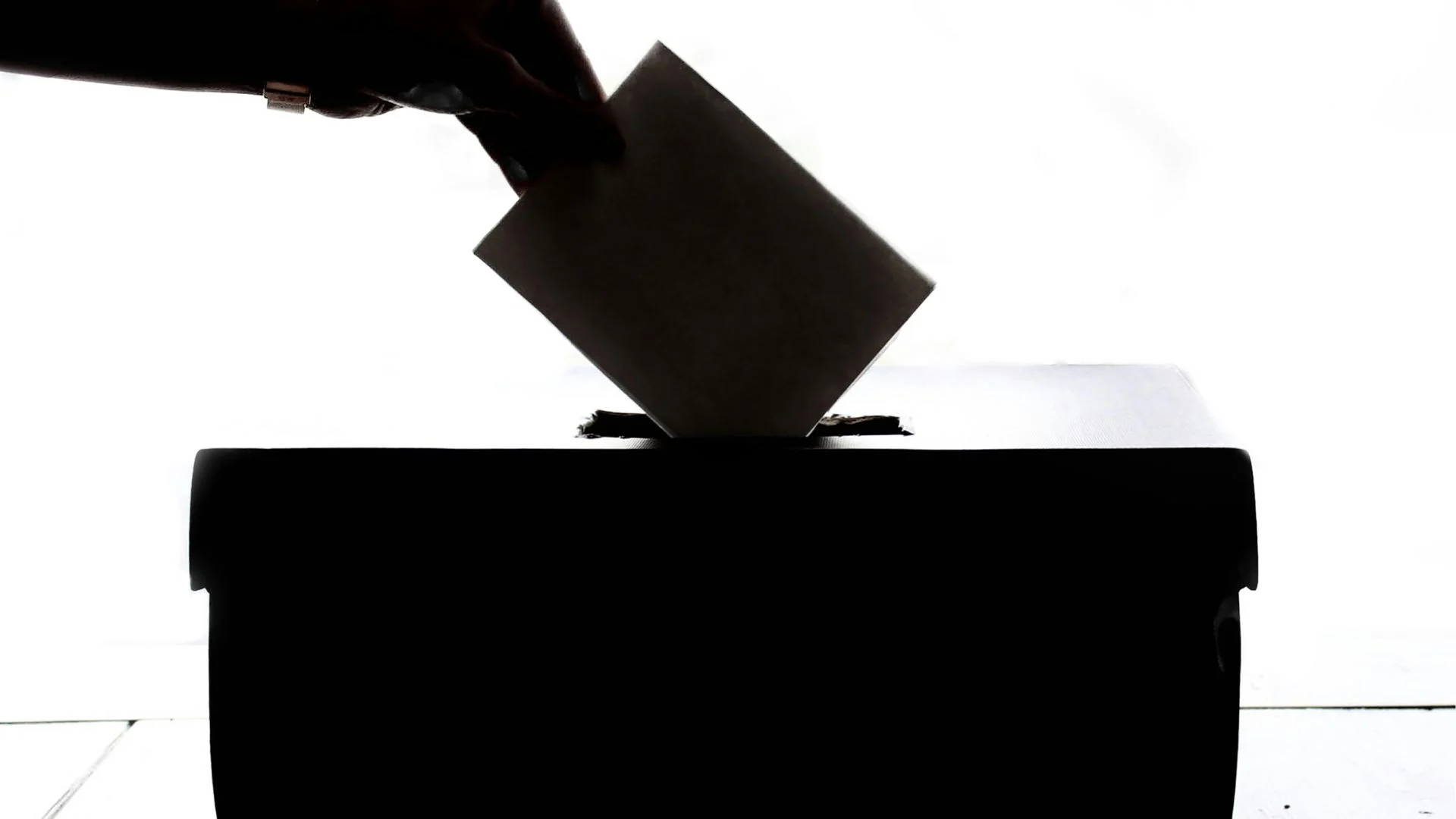
Not all witnesses had a negative view of the trial. Ambassador Eisen was critical of Trump and supportive of the efforts to prosecute him in his testimony before the committee.
“Mr. Trump’s reactions to the guilty verdict are of a piece with his attempts to subvert democracy and his promise that he will be a dictator on day one if re-elected. He and his enablers are promising to baselessly prosecute his perceived adversaries and otherwise establish an autocratic regime,” Eisen said. “The jurors got it right.”
Open Season
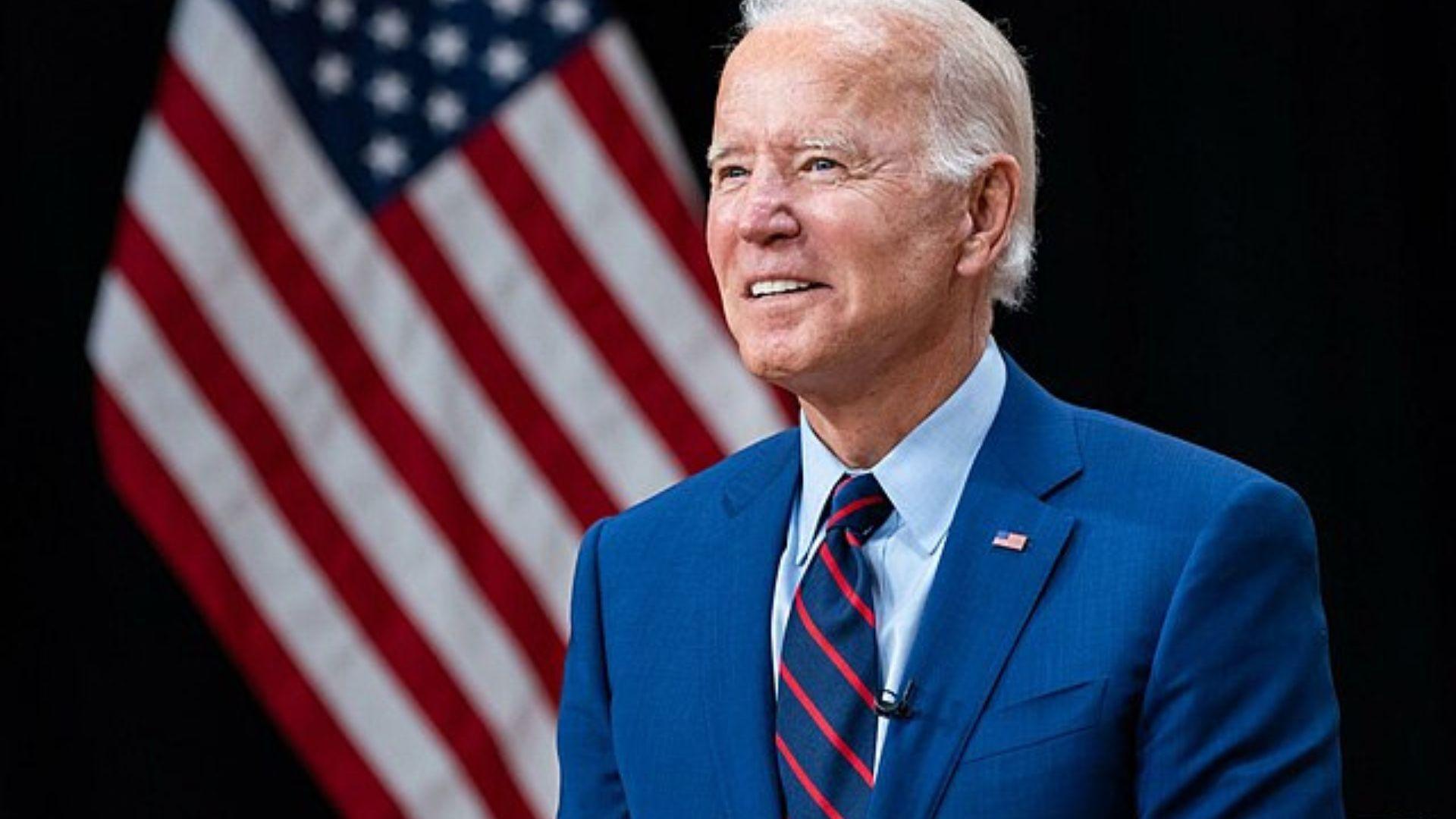
Charles Stimson, Senior Legal Fellow and Deputy Director of the Meese Center wrote an Op-ed with legal scholar John Yoo declaring that the Bragg conviction amounts to ‘open season’ on former presidents.
“Regardless of Trump’s fate on appeal, one or more of the 2,300 elected district attorneys across the country may now feel liberated. They can now pursue former presidents, including President Biden, regardless of the merits of the case, purely for political gain or retribution,” the piece said.
Future Hearing
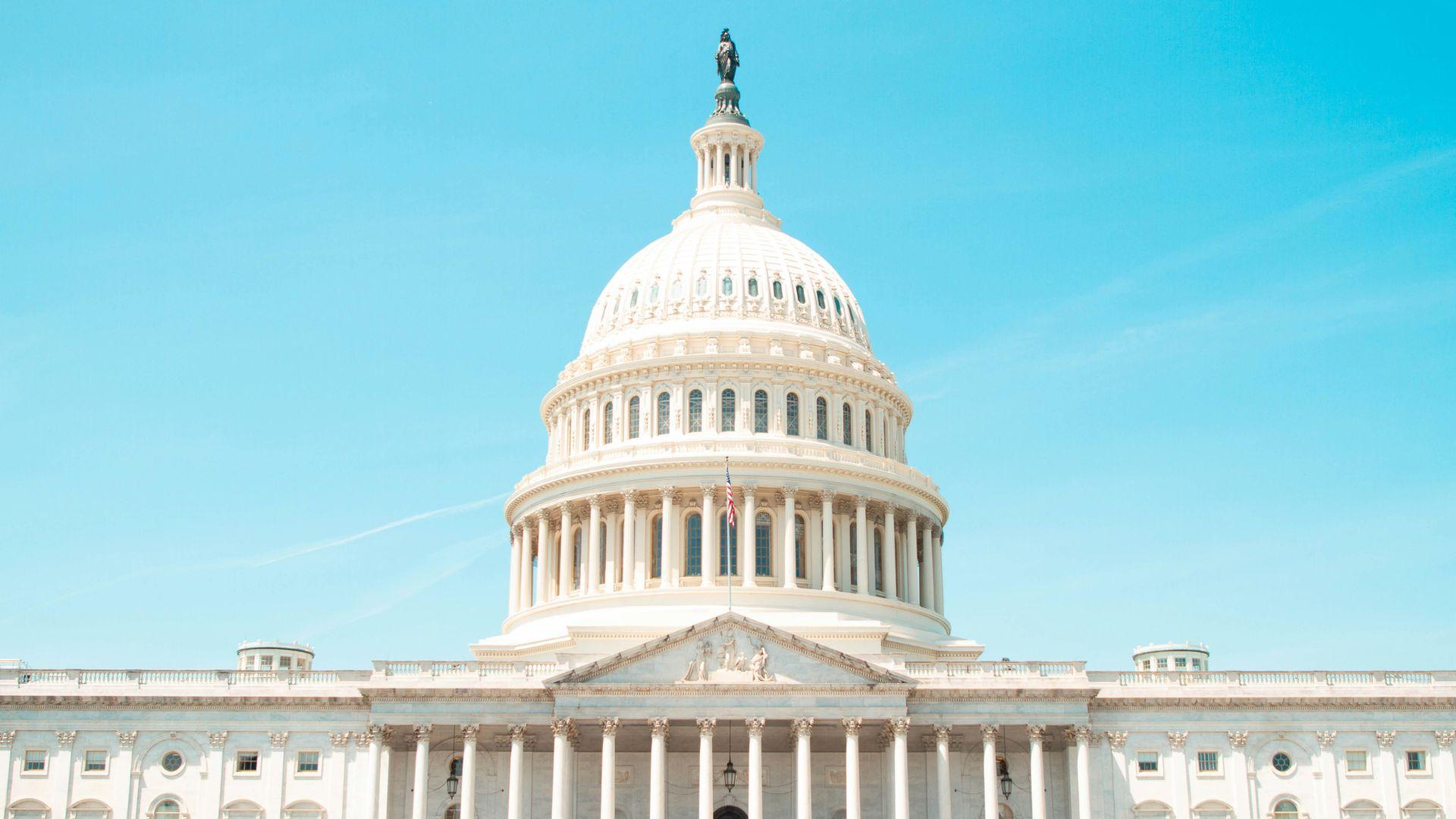
This hearing will not be the last regarding the Bragg prosecution of Trump. Another hearing is scheduled next month the day after Trump is sentenced.
The next hearing will have Bragg testify himself, as well as former DOJ official Matthew Conlangelo.
